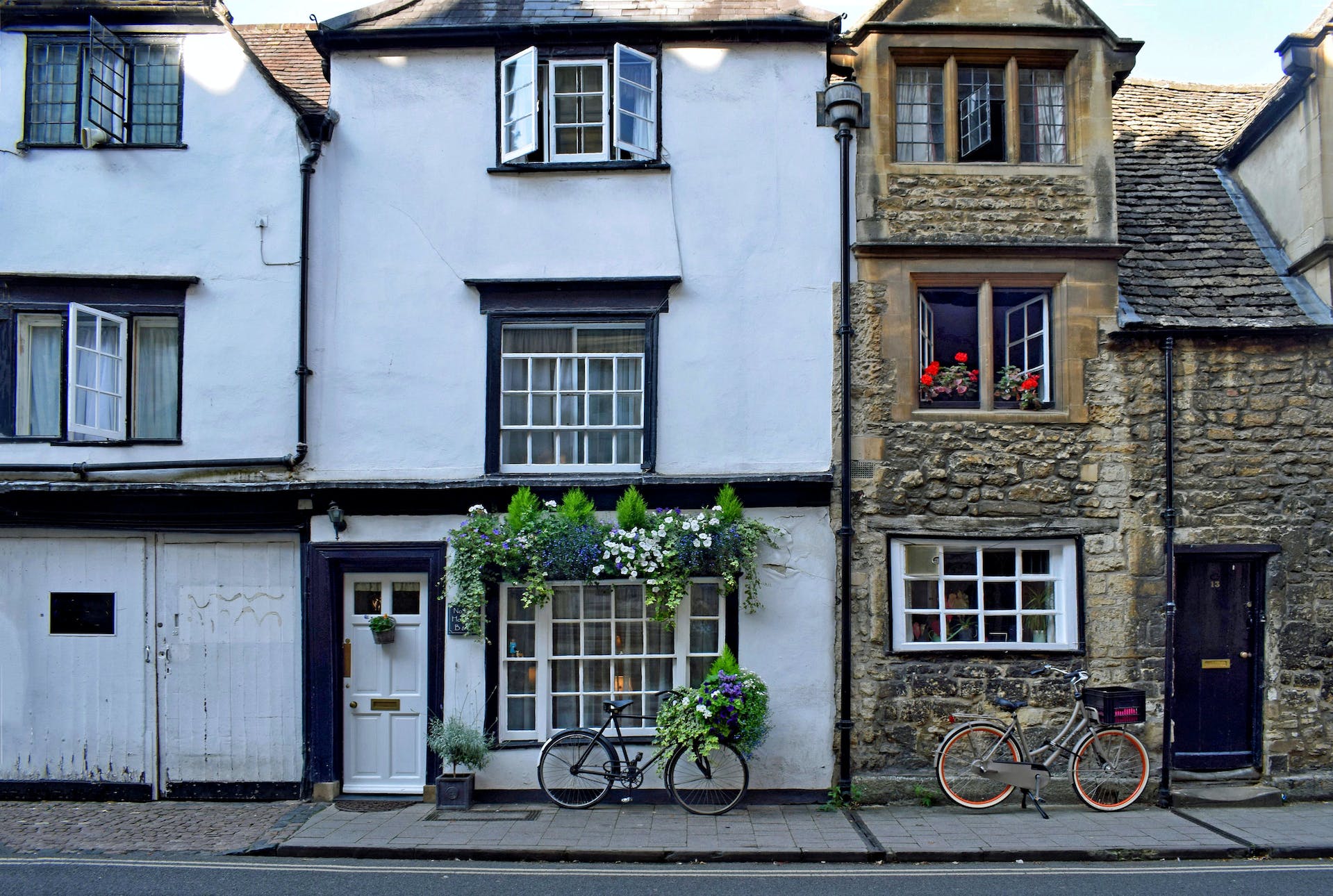What is Inheritance Tax and How Much Will It Cost?

Estimated reading time 8 minutes
The rules surrounding tax can be confusing at times, especially when it comes to handling the estate of someone who has passed away.
With varying rules around the transfer of money, property, and personal effects, it can be a long, drawn-out process. In this edition of our blog, we look at how inheritance tax works so that should you be designated as the executor of a will, you know exactly what to do and how to do it when it comes to settling the inheritance tax bill.
What is the inheritance tax threshold?
Inheritance tax is the tax paid on the estate of somebody who has passed away. Rates of tax applicable can vary, and in some cases, it will not need to be paid at all.
Current rules in the UK state that inheritance tax will be charged at 40% on any amount above the current threshold of £325,000.
This means that should the estate of the deceased be worth less than £325,000, no inheritance tax will need to be paid. It is important to remember that the tax will only apply to the part of the estate that exceeds the threshold and not its full value.
Who pays inheritance tax?
The inheritance tax bill value comes from the estate of the deceased person, it is then paid by the person named in the will as the executor. They will work through the process, settle the tax bill and distribute funds, property and belongings as dictated by the will.
In some cases, there is no will and this means that instead, the administrator of the estate will handle the process.
Either the executor or the administrator will pay the tax by selling assets or from funds already held within the estate.
In some cases, the deceased may have set up a plan before they die where they have left funds specifically to pay the inheritance tax by way of an insurance policy. These payouts can be subject to inheritance tax too but by writing the policy in Trust, this can be avoided.
For the most part, inheritance tax, or IHT as it is often known, will be paid through a scheme known as DPS, or Direct Payment Scheme. This means that if money was left in an account by the deceased, the executor or administrator of the estate can ask for some or all of the IHT to be paid straight from the account.
When do you pay inheritance tax?
After the passing of a loved one, the executor has six months to settle the inheritance tax bill. If payments are not made at this time, interest will be charged on the amount owed.
Of course, you can only pay the full value inheritance tax after the estate has been fully valued and this can take some time. Especially if there are multiple assets, a host of debts and lots of accounts to locate. This is when people often look to use the “payment on account” option.
This is where the executor settles some of the IHT within the six-month deadline even if the estate has not been fully valued. This will reduce the amount owed and reduce the amount of interest that is being accrued once the six-month period has passed.
Should property be involved, you do have the option to pay inheritance tax over ten years, but interest will continue to be applied to any outstanding amounts.
The inheritance tax can also be paid by the executor, directly from their bank account, they can then claim it back from the estate.
How to avoid inheritance tax on property
If a property is passed to a wife, husband or civil partner, there will be no inheritance tax to pay. If you are opting to leave the home to somebody else, it will be counted as part of your total estate and as a result, become part of the IHT.
Should you move out of your property and give it away but live for another seven years, there is normally no inheritance tax to pay. However, if you have given it away but still live there you will need to:
- pay rent to the new owner at a rate similar to local properties
- pay your share of the bills
- live there for at least seven years
If you were not to do any of the above, the property becomes classed as a “gift with reservation” which makes it become part of your estate when you die and therefore liable for inheritance tax. If you were to die within seven years of giving the property away, or even just part of it, it is classed as a gift and what is known as the 7-year rule will apply.
What is the 7 year rule in inheritance tax?
The 7-year rule in inheritance tax relates to gifts given that may or may not be taxed as part of the IHT bill. Gifts given less than seven years before you die may be taxed and this will depend on:
- Who you give the gift to and their relationship to you
- The value of the gift
- When the gift was given
No tax will be due on any gifts given if you live for more than seven years after giving them unless the gift is part of a trust.
Should death occur within seven years of giving the gift, inheritance tax may be applied to them. Certain exemptions can be applied and the solicitor or a tax specialist will be able to advise what gifts will remain free from IHT.
Should the gifts be taxable, it will be applied at the following rates.
- 32% when gifted 3-4 years before death
- 24% when gifted 4-5 years before death
- 16% when gifted 5-6 years before death
- 8% when gifted 6-7 years before death
- 0% when gifted 7 years or more before death
Any gifts given in the three years before death will be taxed at the standard 40% inheritance tax rate.
Can the inheritance tax threshold be increased?
Inheritance tax applies when an estate is valued at more than £325,000 but this can be increased. If your property is given to your children or grandchildren, your inheritance tax threshold can be increased to £500,000. This additional £175,000 is known as your main residence allowance and will be applied if your estate is worth less than £ 2 million.
You can also see an IHT threshold increased if, when married, a partner dies. Whatever allowance was not used during the process of settling their affairs passes on to the remaining partner allowing them to see an increased threshold.
The main residence allowance applies to each person therefore meaning a married couple could leave £1m of assets free from tax for their beneficiaries. To put it simply, you have the £325,000 standard allowance, plus the £175,000 main residence allowance making £500,000 per person. If you are married and have not passed a property onto children, the total IHT threshold can be as much as £625,000.
Can I avoid inheritance tax?
You can have no inheritance tax leaving your estate by passing everything above the threshold to your spouse or civil partner, but you can also see a zero rate of inheritance tax by donating everything above the threshold to an exempt beneficiary like a charity. As we mentioned in the section above, you can also further increase your threshold by passing your home on to your children or grandchildren. This increase can result in you having to pay no IHT at all.
If your estate is substantial, you may also find that a specialist retirement mortgage could be useful. It works by releasing equity from your home and reduces the size of your estate in advance. This can be a complicated process and may not be suitable so always seek financial advice on this option. You could also investigate trusts, utilising your pension, and simply spending your money so nothing above the threshold is left.
Another option to lower the IHT, although not reduce it to zero, is to donate to charity. If you leave at least 10% of your assets to charity, the inheritance tax rate can drop to 36% for any remaining assets.
Valuing the estate for inheritance tax
To get the true value of IHT you will need to value the estate. To do this, start with listing all the assets and work out a value at the time of death. Then:
- Deduct any debt
- Deduct any liabilities
- Keep all records of your workings
- Have documented proof where possible (property valuations etc.)
HMRC can ask for proof and additional evidence up to 20 years after the IHT has been paid.
Inheritance tax can be complicated, especially with a large estate, Inheriting a house from your parents can be just one thing that helps see the bill reduced but you could further benefit yourself by looking for a sell house fast option that allows for a worry-free, quick sale of the inherited property. Contact our team today and see how easy it is to sell an inherited property and benefit more from the estate left to you by a loved one.



